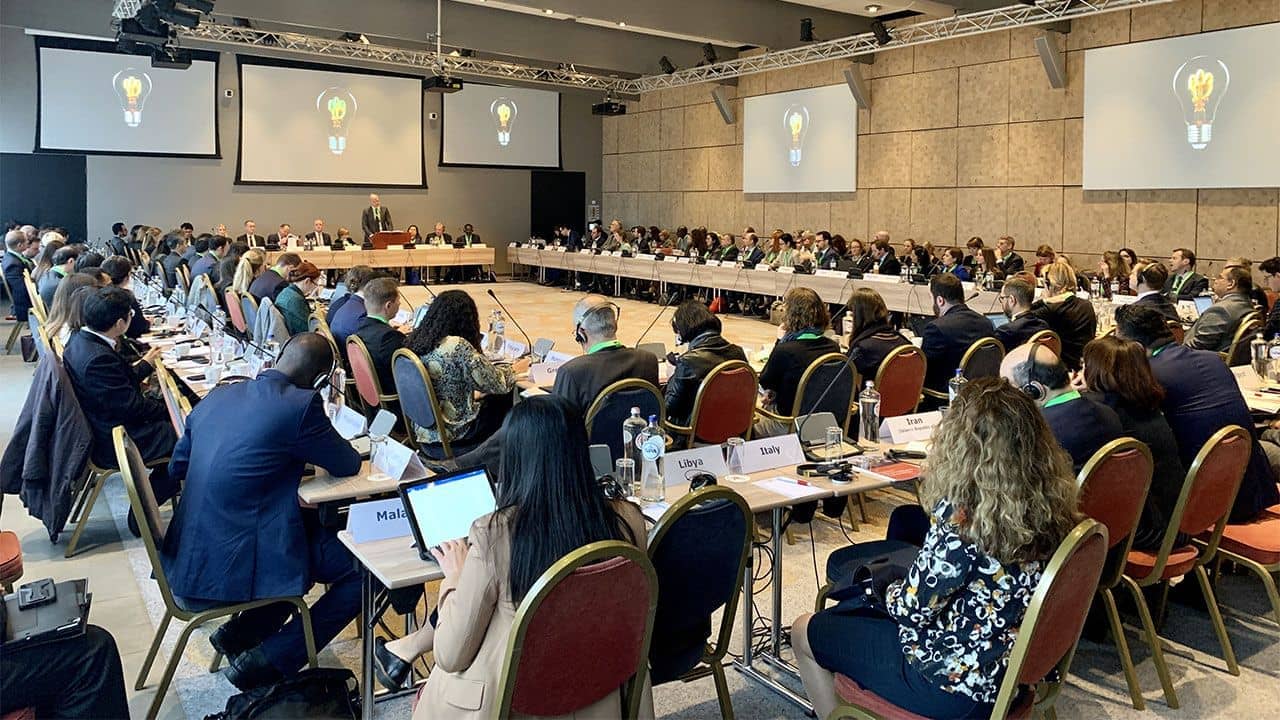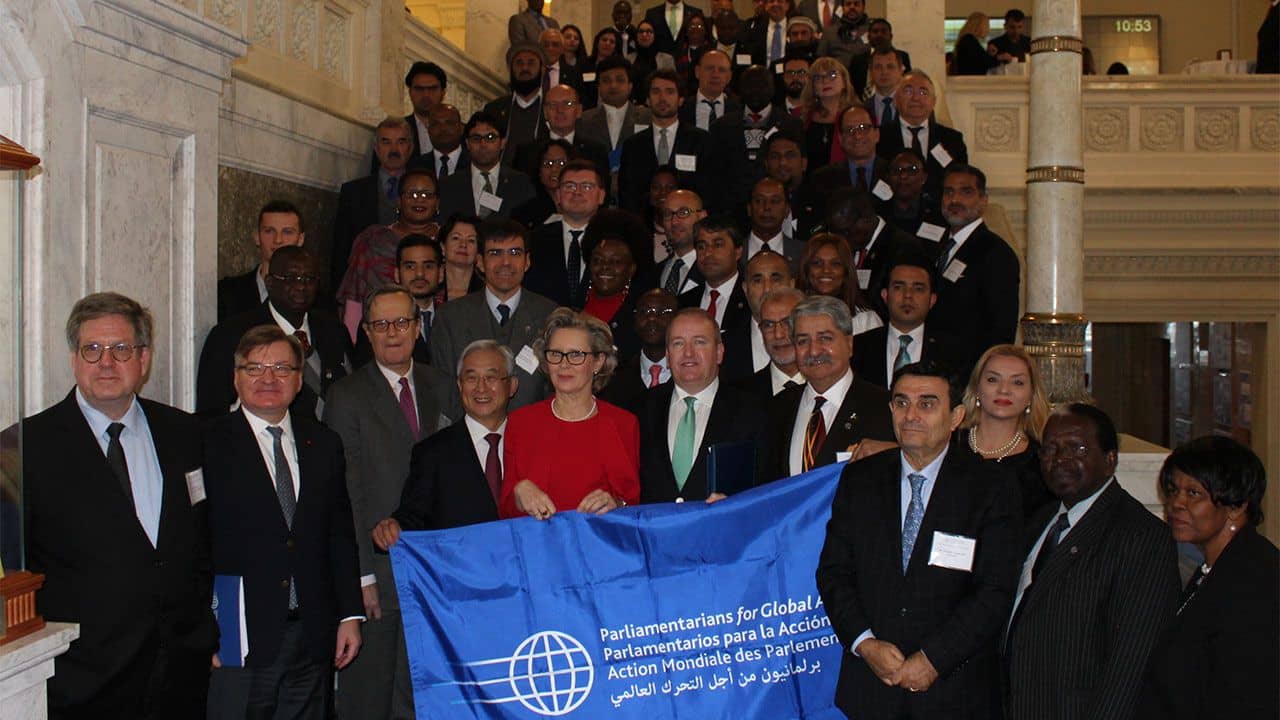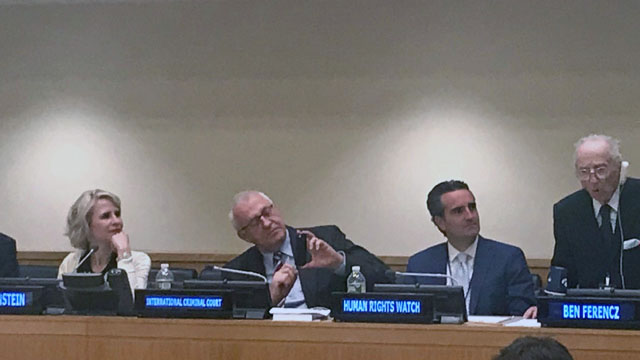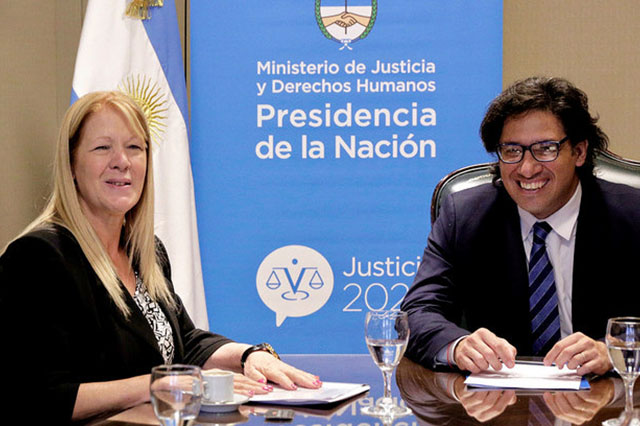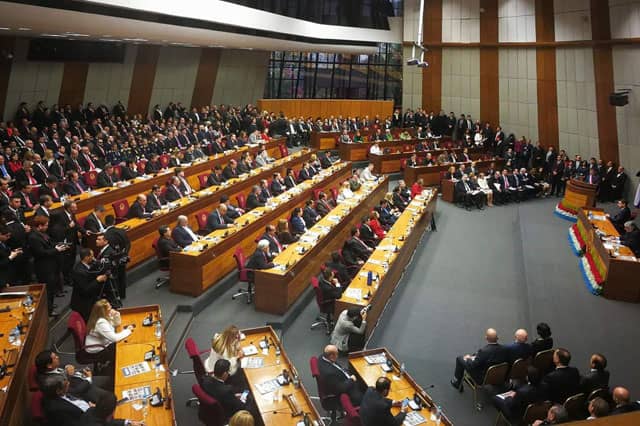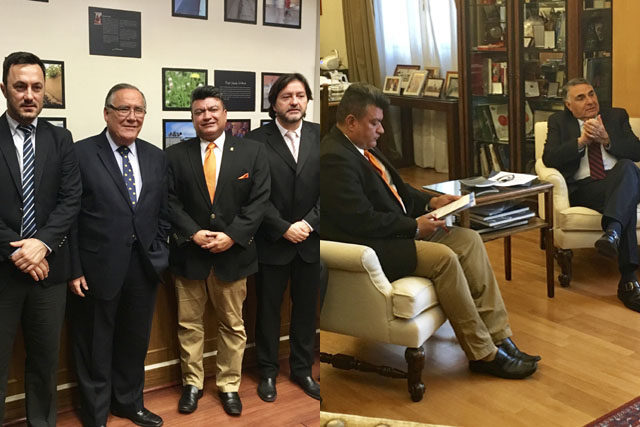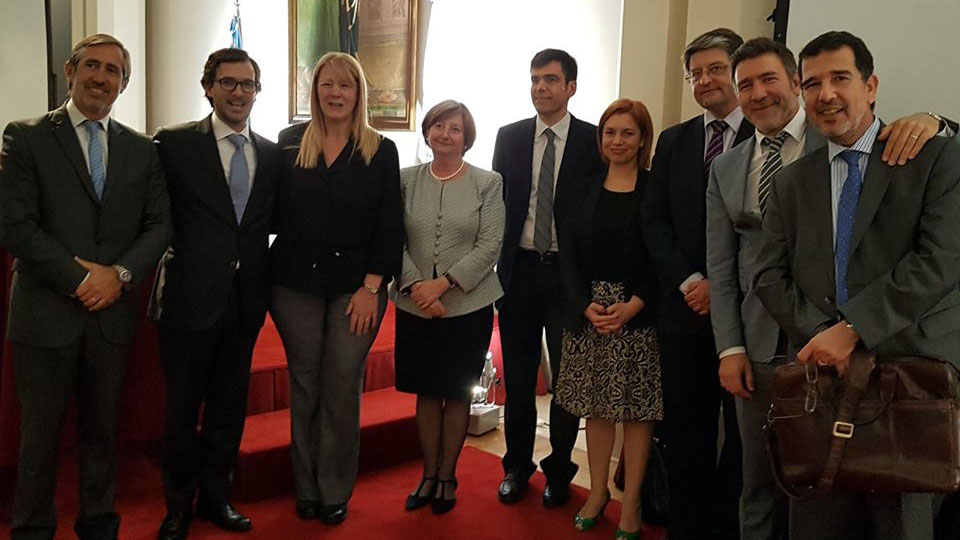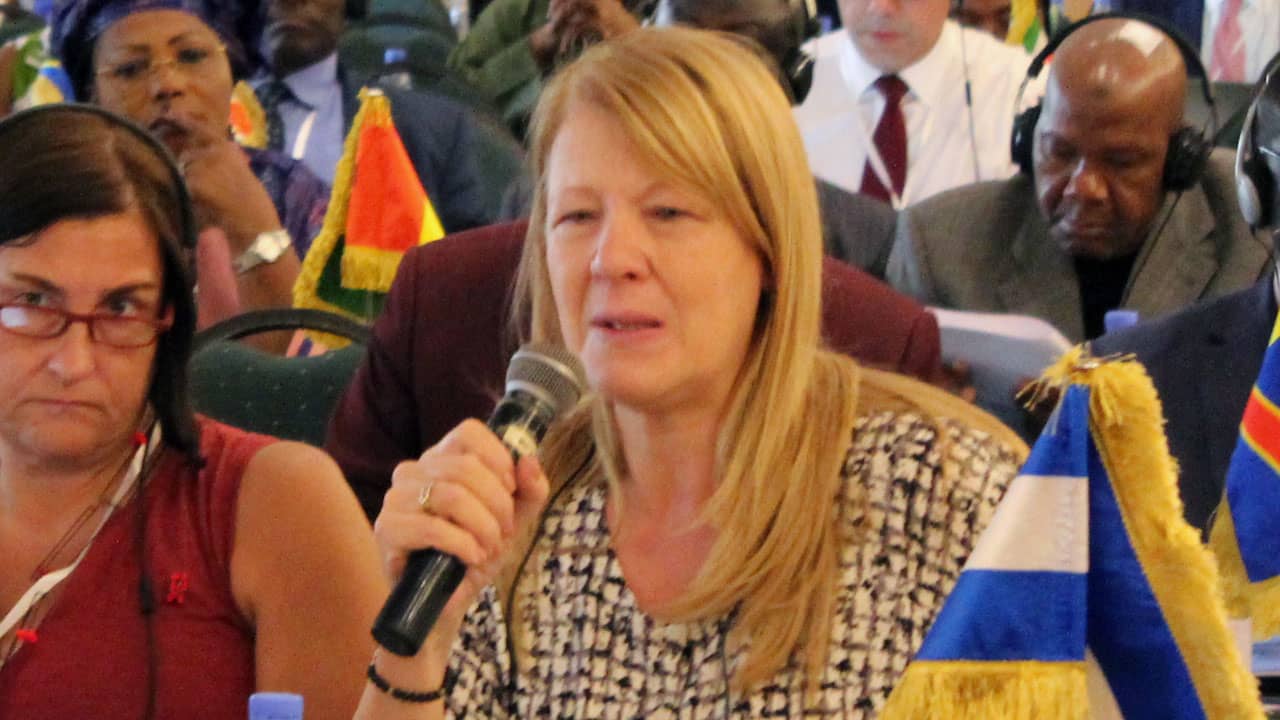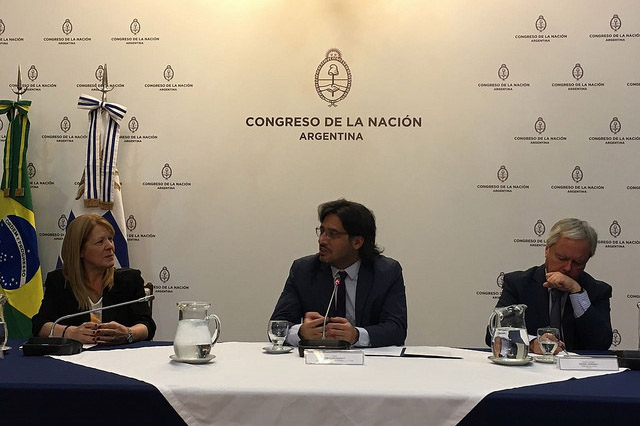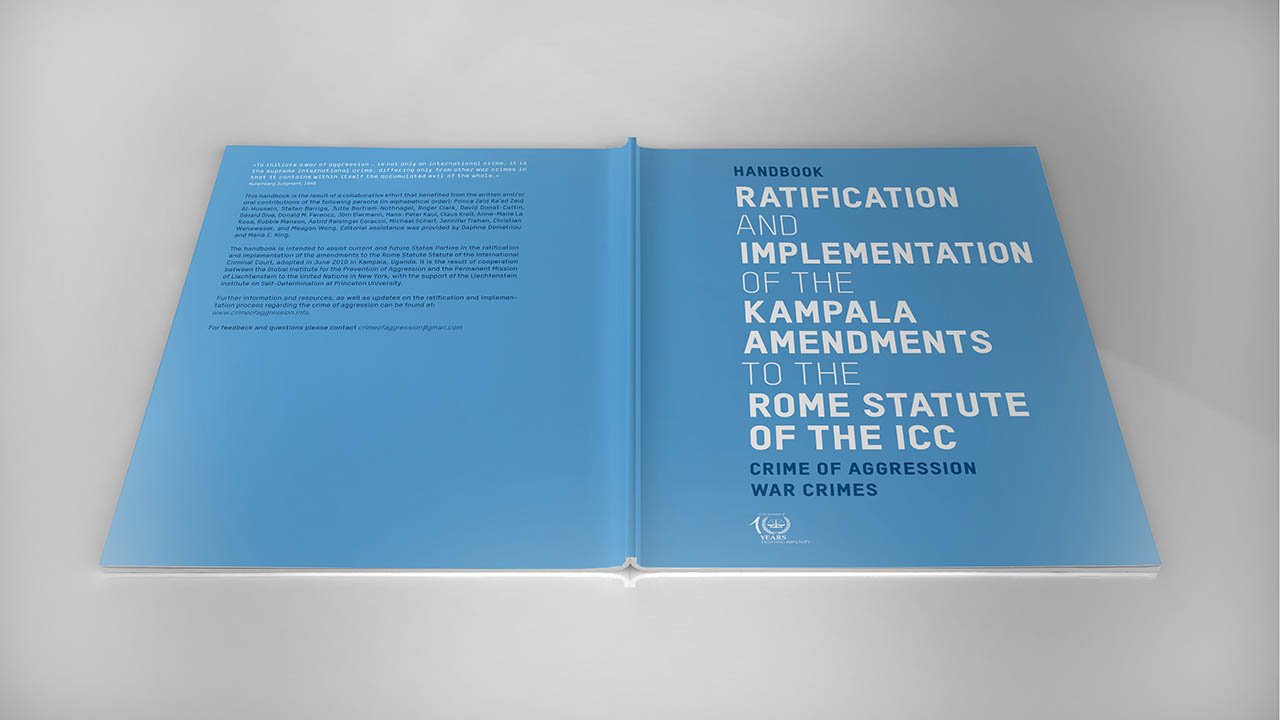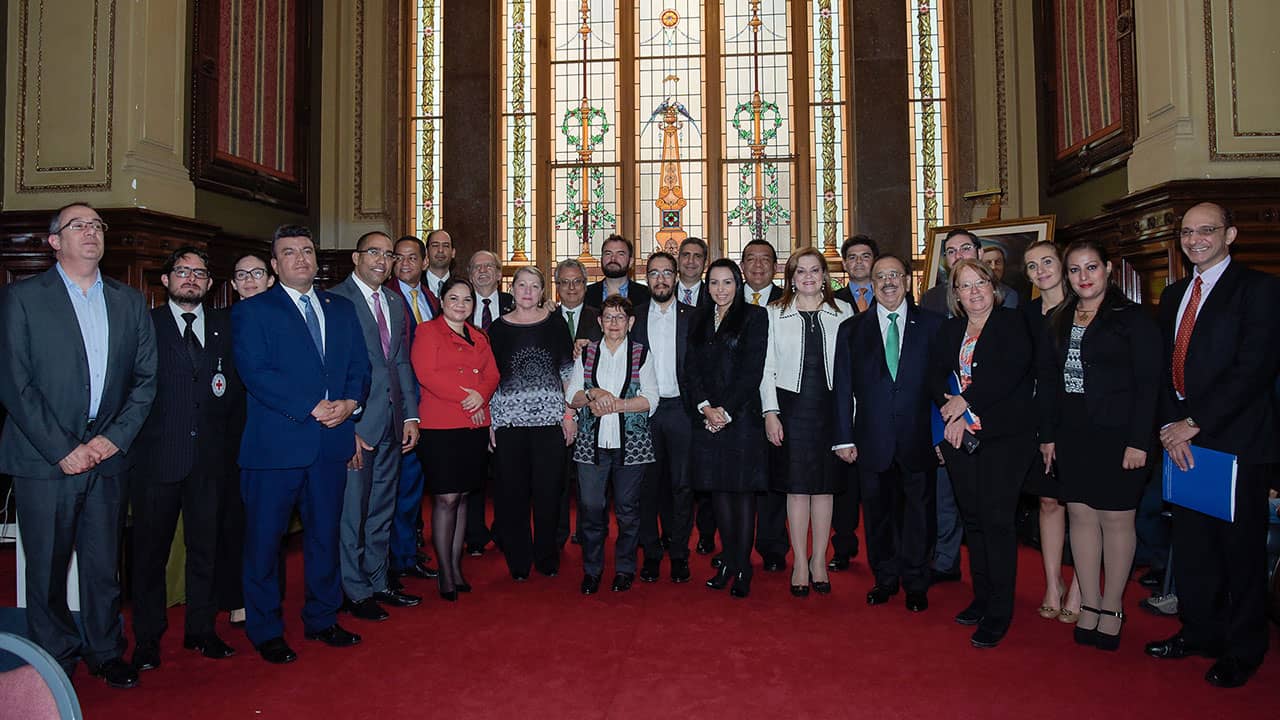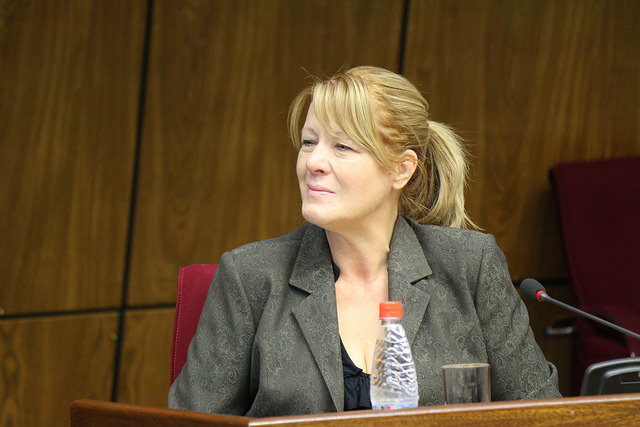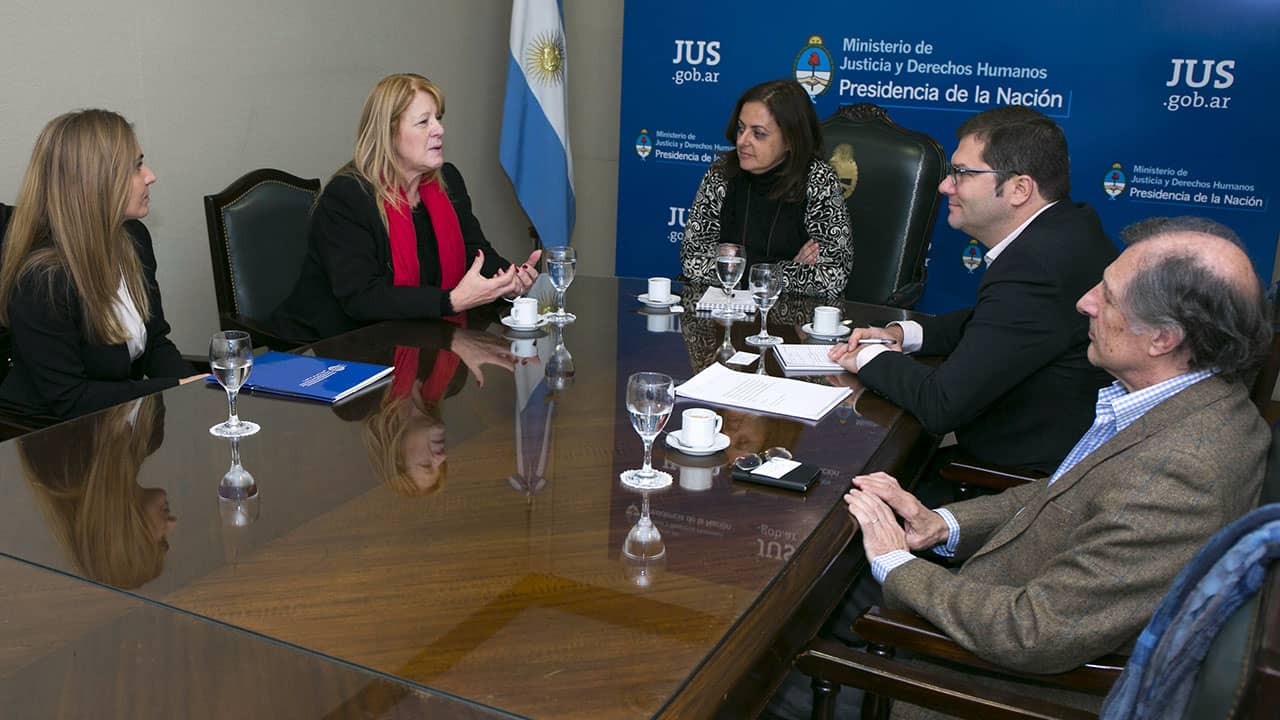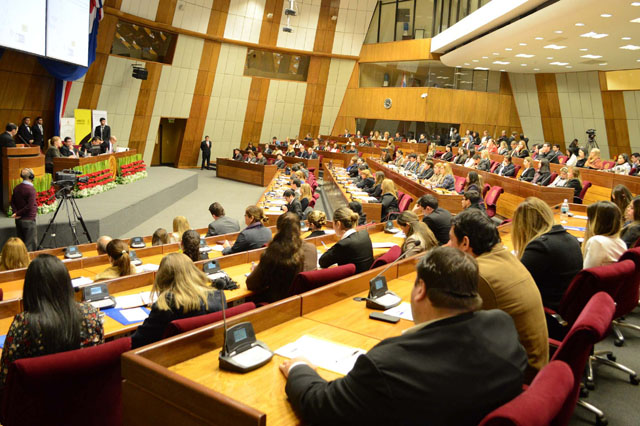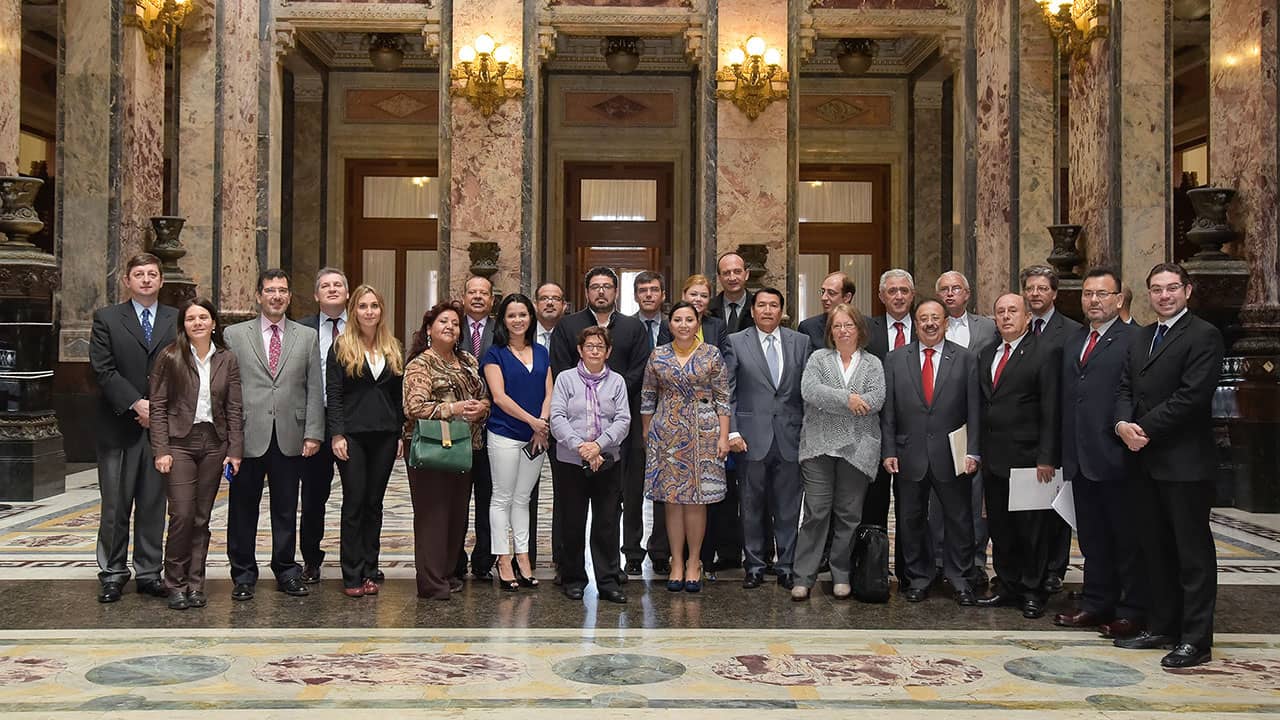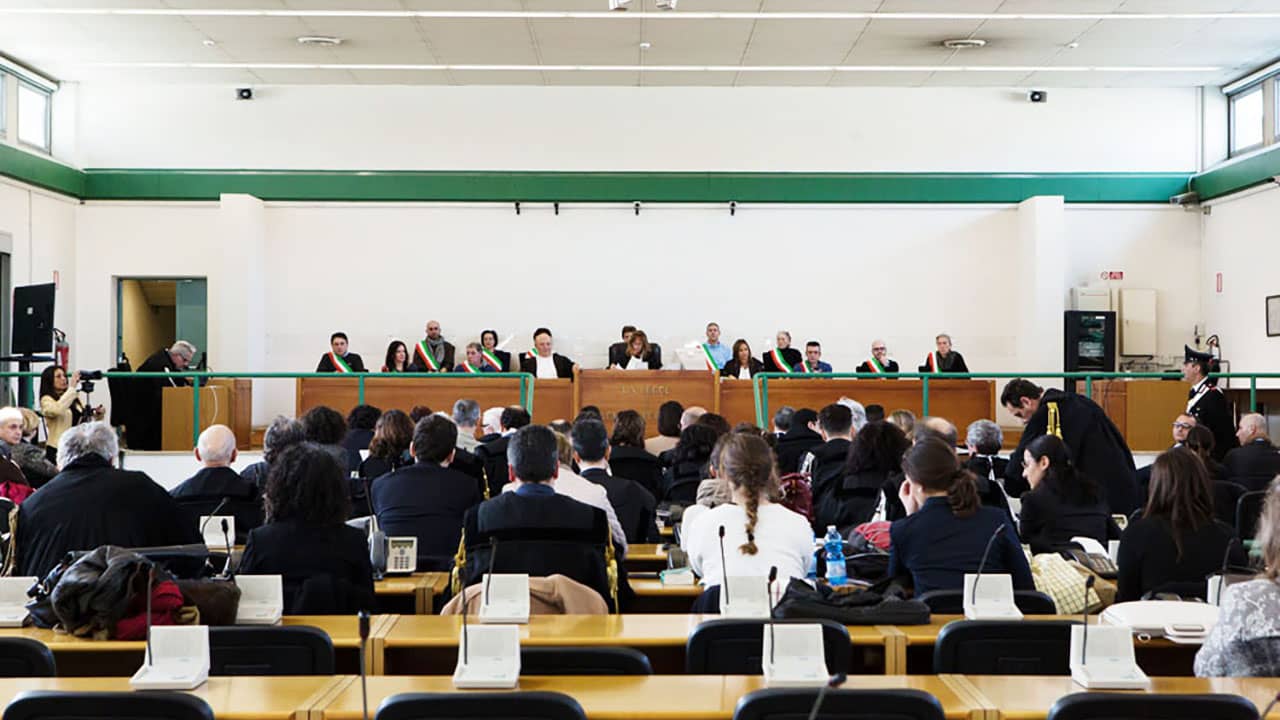As a member of the Organization of American States, Argentina has supported the promotion of the International Criminal Court by adopting an annual resolution by the General Assembly of the OAS and by holding an annual working meeting of high-level within the Political and Juridical Affairs Committee of the OAS. PGA members have been invited on numerous occasions to this meeting - read more on the work of PGA within the OAS.
Law 26.200 of 5 January 2007 on Implementing the Rome Statute of the International Criminal Court (available in Spanish) – promoted and amended by several PGA Members – aims to improve the implementation of crimes and principles, increase cooperation mechanisms with the Court, and promote the universality of the Rome Statute.
Argentinean MPs have participated in all the sessions of PGA’s Consultative Assembly of Parliamentarians on the International Criminal Court and the Rule of Law (CAP-ICC) and hosted the 12th CAP-ICC in Buenos Aires, Argentina, on 4-5 November 2022.
| Signature, Ratification of/Accession to the Rome Statute of the ICC | |
|---|---|
| Signature Date: | 8 January 1999 |
| Ratification Date: | 8 February 2001 |
| Amendments to the Rome Statute | |
|---|---|
| Ratification of the Kampala Amendment to Article 8 of the Rome Statute on war crimes [poison and expanding bullets in NIAC] (2010): | Yes, ratified on 28 April 2017. |
| Ratification of the Kampala Amendment to the Rome Statute on the crime of aggression reflected in Article 8 bis (2010): | Yes, ratified on 28 April 2017. |
| Ratification of the Amendment to Article 124 of the Rome Statute (2015): | No. |
| Ratification of the Amendment to Article 8 of the Rome Statute on war crimes [biological weapons] (2017): | No. |
| Ratification of the Amendment to Article 8 of the Rome Statute on war crimes [blinding laser weapons] (2017): | No. |
| Ratification of the Amendment to Article 8 of the Rome Statute on war crimes [non-detectable fragments] (2017): | No. |
| Ratification of the Amendments to Article 8 of the Rome Statute on war crimes [starvation as a war crime in NIAC] (2019): | No. |
| Adoption of implementation legislation of the Rome Statute of the ICC | |
|---|---|
|
Law 26.200 of 5 January 2007 incorporates the provisions of the Rome Statute on the crime of genocide, crimes against humanity, and war crimes. The crime of aggression is not codified in the national legislation. Regarding the implementation of the amendments, Art. 2 of Law 26.200 establishes that “conducts described in Articles 6, 7, 8 and 70 of the Rome Statute and all those offenses and crimes that hereinafter fall under the jurisdiction of the International Criminal Court shall be punishable for the Argentine Republic in the manner provided by this law.” Art. 11 of the Law 26.200 provides that genocide, war crimes, crimes against humanity, and those crimes that in the future may fall under the jurisdiction of the International Criminal Court shall not be subject to any statute of limitations. There is no implementation of the general principles under the Rome Statute. Law 26.200 contemplates cooperation with the ICC. In addition, Law 24.767 deals with international cooperation in criminal matters. The Argentine Constitution of 1994 recognizes universal jurisdiction to prosecute and punish crimes against humanity, genocide, and war crimes. |
|
| Cooperation Agreements | |
|---|---|
| Ratification of Agreement on Privileges and Immunities of the Court (APIC): | Yes, ratified on 1 April 2007. |
| Signature of Agreement of Enforcement Sentences with the ICC: | Yes, entered into force on 18 April 2017. |
| Signature of Agreement of Interim and Final Release with the ICC: | Yes, signed on 28 February 2018. |
| Signature of Bilateral Immunity Agreement with the USA: | No. |


